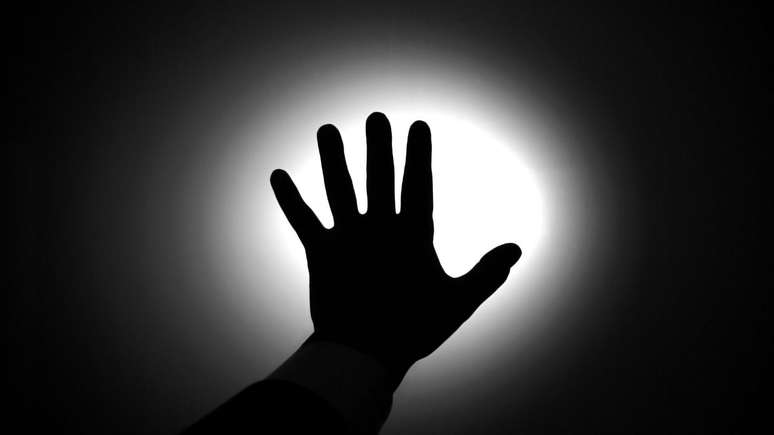Watching television before bed may seem relaxing, but exposure to blue light can harm your rest, mood and even metabolism.
For many people, watching television before going to bed is part of the nightly ritual, a way to relax after a busy day. But when the device is in the bedroom, what seems like harmless company can interfere more than we imagine with the quality of sleep and even with physical health.
While there are positive aspects, such as the feeling of comfort and relaxation that some people report, experts warn that sleeping with the TV on affects your natural sleep cycle and can have long-term consequences.
Sleep debt increases and the body feels
The term “sleep debt” refers to the difference between the number of hours of rest we need and the hours we actually get. Adults need, on average, seven hours a night for the body to recover and the brain to function well. When you repeat the habit of “staying up a little longer” in front of the television, your rest time decreases. This accumulated debt can cause constant tiredness, mood swings, and even weaken your immune system.
Blue light: the silent enemy of melatonin
Television screens emit blue light, a type of artificial lighting that interferes with the circadian rhythm, the body clock responsible for regulating the sleep-wake cycle. This light reduces the production of melatonin, the hormone that signals the body that it is time to rest. The result is difficulty falling asleep, nocturnal awakenings and a feeling of light sleep, which does not restore energy.
Interference with REM sleep
According to studies, watching TV late can also delay the onset of sleep and shorten REM sleep. This is the deepest and most regenerating phase of rest, responsible for consolidating memories and processing emotions.
When REM sleep is shortened, it is common to wake up with a confused mind, more unstable mood, and difficulty concentrating. Additionally, research shows that the type of content you watch can influence your dreams. Programs with violent scenes, for example, increase the chance of disturbing dreams.
Brain on alert: why relaxing becomes more difficult
Even when the body is lying down, the brain remains active while the TV is on. The sights, sounds, and rapid changes in light keep the nervous system on high alert, making it difficult to relax. Studies show that using screens before bed can increase the time it takes to fall asleep and reduce the overall quality of rest. The ideal is to turn off electronic devices at least 30 minutes before going to bed – and, if possible, leave the room free from light and sound stimuli.
Balance is a habit
This doesn’t mean you have to give up television completely. If watching an episode or a movie is part of your free time, try turning the habit into something more conscious: reduce the volume, adjust the screen brightness, program it to turn off automatically and, above all, don’t sleep with the device turned on. Providing your body with a dark, quiet, and peaceful environment is one of the simplest (and most effective) ways to refresh your mind and promote truly restful sleep.
Source: Terra
Ben Stock is a lifestyle journalist and author at Gossipify. He writes about topics such as health, wellness, travel, food and home decor. He provides practical advice and inspiration to improve well-being, keeps readers up to date with latest lifestyle news and trends, known for his engaging writing style, in-depth analysis and unique perspectives.








